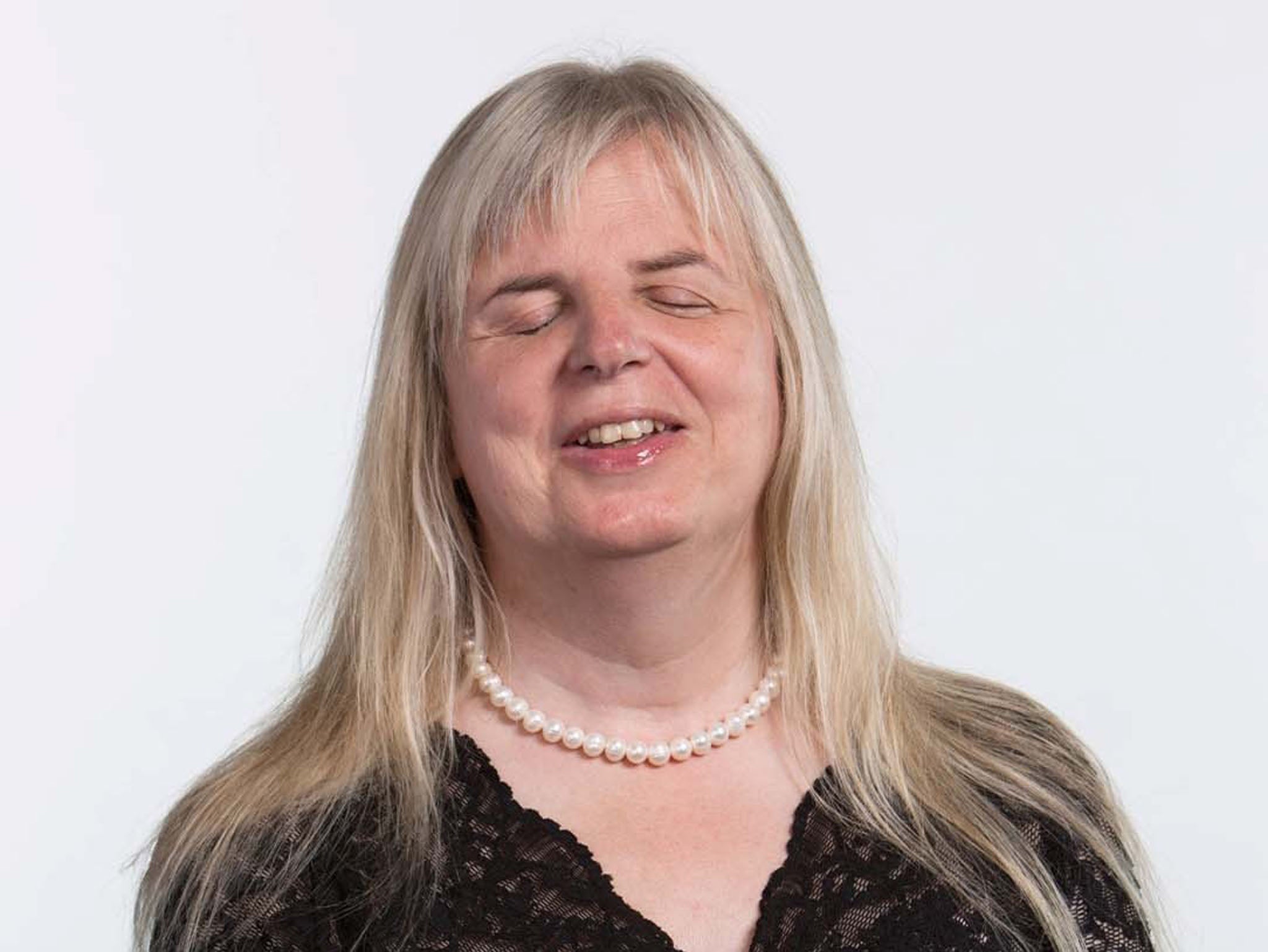Your support helps us to tell the story
From reproductive rights to climate change to Big Tech, The Independent is on the ground when the story is developing. Whether it's investigating the financials of Elon Musk's pro-Trump PAC or producing our latest documentary, 'The A Word', which shines a light on the American women fighting for reproductive rights, we know how important it is to parse out the facts from the messaging.
At such a critical moment in US history, we need reporters on the ground. Your donation allows us to keep sending journalists to speak to both sides of the story.
The Independent is trusted by Americans across the entire political spectrum. And unlike many other quality news outlets, we choose not to lock Americans out of our reporting and analysis with paywalls. We believe quality journalism should be available to everyone, paid for by those who can afford it.
Your support makes all the difference.Britain is, for the most part, more accepting of minority groups than it was 40 years ago. There remain bad cases of discrimination but the curve continues to bend in the right direction.
Yet, for one group, the journey to equality remains daunting. A survey seven years ago found that 73 per cent of transsexual people had experienced harassment connected to their gender identity in a public place. Matters may have improved a little since but it is still a staggering and depressing statistic.
The news last week that Emily Brothers, a trans woman, is to stand as a Labour candidate in the next general election was taken up widely across the media. She certainly has an interesting story and the Labour Party has made a point of commending her selection.
Perhaps inevitably, there were some unpleasant responses on social media and even by some mainstream commentators. Yet putting to one side the reactions of the ignorant or the downright nasty, other elements of the media’s reporting still left something to be desired, even when it came to basics.
The Independent, in common with more or less everyone else, said that Ms Brothers was the first openly transgender person to run as a parliamentary candidate. But in fact, as one reader pointed out, this was not the case. Two other trans women appear to have travelled the same course previously, albeit not for one of the two main parties. Another ran for election to the European Parliament and two other trans people are reported also to be running in next May’s general election.
Knowledge and reporting of this information should take nothing away from Ms Brothers or from positive coverage of her efforts to win a parliamentary seat. But, by underplaying the extent to which a minority group is involved in politics or any other sphere, we potentially undermine the normality of that participation.
The fact that Emily Brothers is aiming to become an MP next year is to be welcomed. Yet, the point is, she is not the first trans person to run for Parliament; and she won’t be the last. If she becomes an MP, it will be an excellent day for the trans community. But, primarily, it will be a testament to Ms Brothers’ qualities as just another human being.
MPs who protest too much
Political parties like nothing better than to find sticks with which to beat their opponents. The Labour Party was full of high dudgeon last week when Alex Salmond announced his plan to stand for a seat at Westminster. What, said Labour, was he going to do about the resettlement grant he had received in 2010, when he last left Westminster as an MP?
The Tories soon joined in, one MSP suggesting that Mr Salmond should pay the grant back, including the half he had given to charity.
There are plenty of people who do not like Alex Salmond or his politics. But as far as anybody appears to have established, no politician has ever refused their “golden goodbye” – and many have received it since its introduction in 1983, including several who went straight into other jobs. Moreover, when Mr Salmond held a dual mandate, between 2007 and 2010, he paid his MSP salary into a charitable trust. Similarly, on retiring as First Minister, he announced he would pay the pension to which he was entitled into the same trust for as long as he remained an MSP.
There is nothing wrong with newspapers reporting the wailing of outraged MPs. But we should always assess the degree to which that outrage is manufactured and the extent to which it really holds water.
Will Gore is Deputy Managing Editor of The Independent, i, Independent on Sunday and the Evening Standard


Join our commenting forum
Join thought-provoking conversations, follow other Independent readers and see their replies
Comments